Autonomous University of Barcelona
Barcelona, Spain
website
website
Building on existing capacities, PEGASO aimed at developing common approaches and tools to support integrated policies for the coastal, marine and maritime realms of the Mediterranean and Black Sea basins. PEGASO specifically referred to the ICZM Protocol for the Mediterranean to the Barcelona Convention. Some of the major output of the project concerned: (i) the design of an ICZM governance platform, to support the development of integrated policies in the Mediterranean and Black sea basins. (ii) The development of a Spatial Data Infrastructure (SDI) for the two sea basins delivering harmonised datasets accessible through an Internet viewer. The SDI system was intended to serve features from datasets (shapefiles, images, database connections) from different providers, PEGASO partners, related to coastal ecosystems and coastal management. (iii) The refinement of multi scale tools and methods for integrated assessment (e.g. indicators to measure sustainable development of coasts and sea, coastal and marine ecosystem accounting, participatory methods, scenarios, etc.). Tools and methods were tested in several pilot sites. PEGASO Project was owned by the EU and managed by the Autonomous University of Barcelona (Universitat Autònoma de Barcelona - UAB), in partnership with several European, North African and Middle East bodies such as universities, institutes, NGOs and Mediterranean UN organisations.
Timeframe
- Finalised
Geographical coverage
- Regional (only Mediterranean sea basin)
Intended Users
- Administrations/Authorities
- Businessmen/Companies
- General public
- Organisations/Associations
- Policy-makers/managers/planners
- Researchers and scientists
Country of project partners
- Cyprus
- France
- Greece
- Italy
- Malta
- Slovenia
- Spain
- Albania
- Algeria
- Egypt
- Israel
- Lebanon
- Montenegro
- Morocco
- Palestine
- Tunisia
- Turkey
- Georgia
- Bulgaria
- Ukraine
- Romania
- Gibraltar
- Russian Federation

